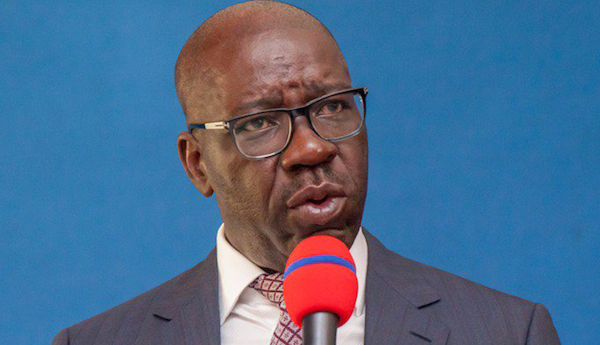Punch
Sexual and Gender-Based Violence, Violence against Women and Girls and Harmful Practices contribute to the limitation of sexual and reproductive health rights of women and girls in Nigeria. Being primary targets of gender-based violence, women and girls are left with high risks of health issues and outcomes like sexually transmitted diseases and HIV, unwanted pregnancy, unsafe abortion and maternal mortality, Female Genital Mutilation/Cutting among other gynaecological issues.
Also, Nigeria has one of the highest rates of Vesico Vaginal Fistula due to the prevalence of child marriage. Sexual and gender-based violence is a significant barrier to the achievement of many internationally recognised rights. It has immediate and long-lasting global impacts, not just on the health and welfare of individuals but that of the nation as its ripple effect stands as a major public health challenge and barrier to civic, social, political, and economic participation.
According to World Health Organisation, sexual and reproductive health rights include the right of women to be free from sexual violence, coercion and the right to the highest standard of sexual health. Sexual health in this context implies a positive approach to human sexuality and includes the freedom from sexual abuse, harassment, protection from sexually transmitted diseases, and success in preventing pregnancy. It takes into account an individual’s right to have access to reproductive health services and information.
The Beijing Declaration and Platform for Action recognises reproductive rights as an international right and urges state parties to enhance women’s sexual and reproductive health and embrace certain human rights that are already recognised in national laws, international human rights documents and other consensus documents. Nigeria also has a number of policies on reproductive health like the National Health Policy, Maternal and Child Health Policy, National Policy on HIV/AIDS/STIs Control and National Policy on the Elimination of Female Genital Mutilation. However, the level of access to sexual and reproductive health care services in Nigeria remains poor and below internationally acceptable standards despite the efforts made in this regard.
A study carried by the Centre for Social Justice on Sexual and Gender-Based Violence and the Budget (A Review of Federal Capital Territory: 2016-2019) states that the importance of enhancing the enjoyment of sexual and reproductive health rights is linked to its positive impact in reducing maternal mortality and morbidity rate in Nigeria and enhancing the right to life and the enjoyment of the highest attainable standard of health care. The study further indicates that efforts at improving access to skilled health care providers for women have not been consistent and there have been retrogressive steps in terms of decrease in proportions of women getting required care.
For the attainment of sexual and reproductive health, women’s rights to be free from sexual and gender-based violence are to be recognised, respected and fully implemented. Women must be able to claim full control over these issues that compromise and have a direct impact on their physical, reproductive, psychological and sexual well-being.



Connect with us on our socials: